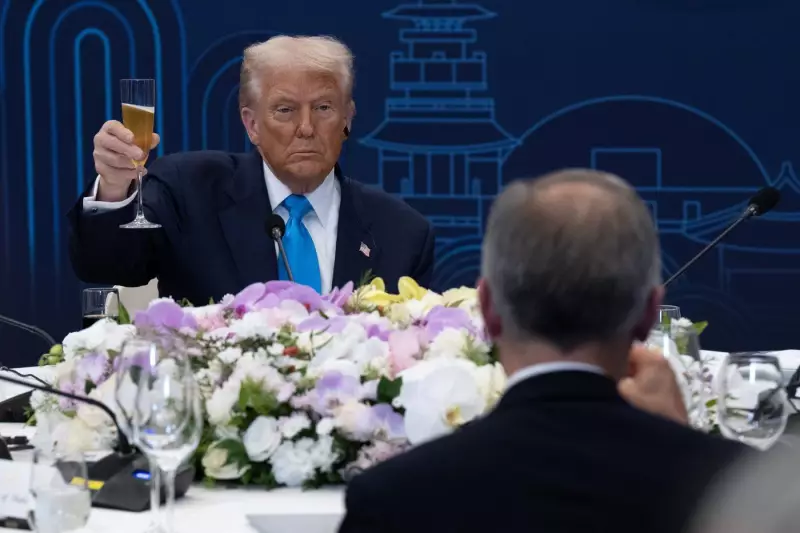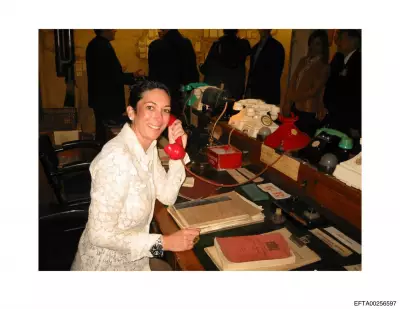
In a revealing political disclosure, former Bank of Canada governor Mark Carney has broken his silence about a contentious moment in Canada-U.S. relations, confirming he personally intervened to stop Ontario Premier Doug Ford from launching an advertising campaign targeting then-President Donald Trump.
The political drama unfolded during Trump's presidency when the U.S. administration threatened to impose devastating tariffs on Canadian aluminum and steel. Ontario's government, led by Premier Ford, had prepared aggressive advertisements directly criticizing Trump's trade policies.
Behind-the-Scenes Intervention
Carney, who now serves as the United Nations special envoy for climate action and finance, revealed he learned about the planned advertising campaign and immediately contacted Premier Ford's office. "I got wind of it and called the premier's office and suggested that it wasn't the best way to proceed," Carney stated during a recent interview.
The former central banker emphasized the delicate nature of international trade negotiations, particularly with the volatile Trump administration. His intervention came from concern that provocative advertisements could escalate tensions rather than resolve the trade dispute.
Direct Apology to President Trump
In a surprising revelation, Carney confirmed he went beyond simply advising against the ads. He personally apologized to President Trump during a subsequent meeting at the White House. "I apologized to the president for the ads," Carney disclosed, noting that Trump responded positively to the gesture.
The apology and intervention demonstrate the careful diplomacy Canadian officials often employed during the Trump era, when traditional diplomatic channels were frequently bypassed in favor of personal relationships and direct communication.
Political Fallout and Timing
Carney's disclosure comes at a politically sensitive time, as he's increasingly mentioned as a potential leadership candidate for the federal Liberal party. His revelation about intervening in provincial affairs raises questions about his future political ambitions and approach to intergovernmental relations.
The incident also highlights the complex dynamics between federal and provincial governments in managing international relations, particularly when dealing with unconventional foreign leaders.
While the controversial advertisements were never published, Carney's actions show how Canadian officials worked behind the scenes to maintain stable relations with the Trump administration during a period of significant trade uncertainty.





